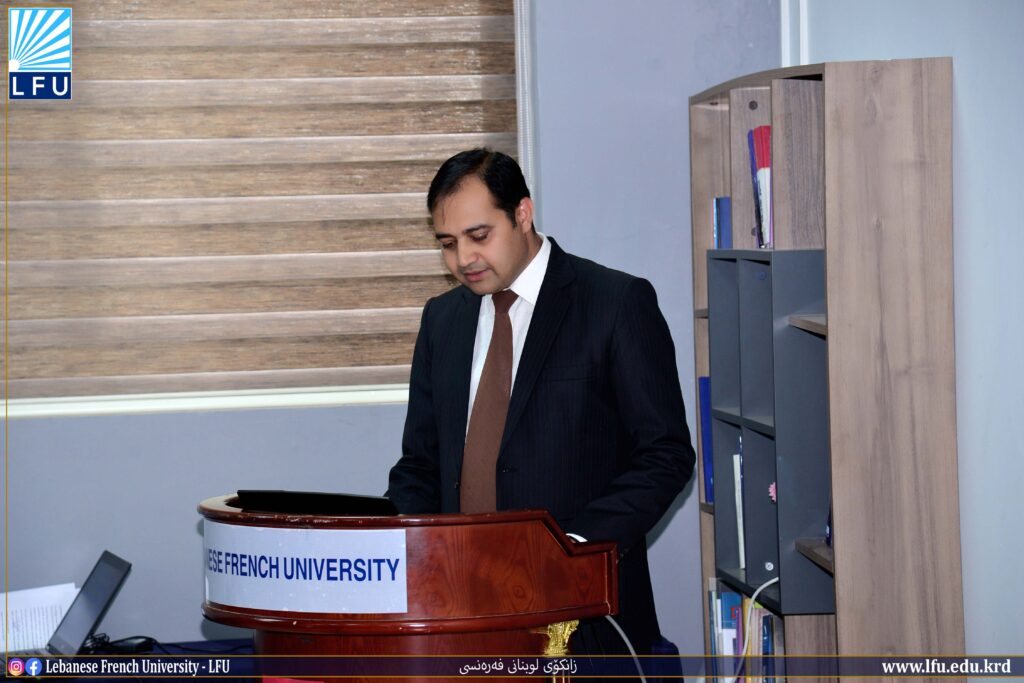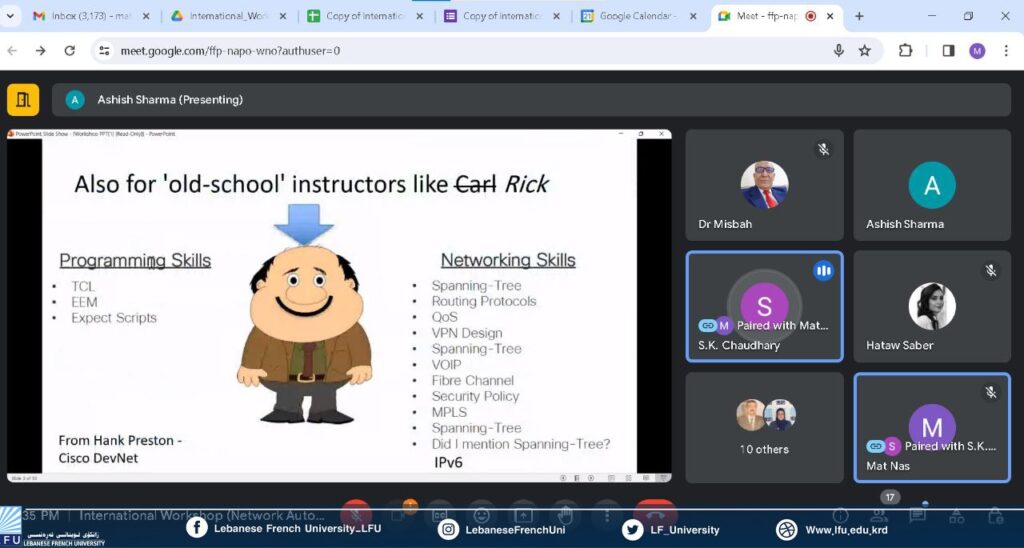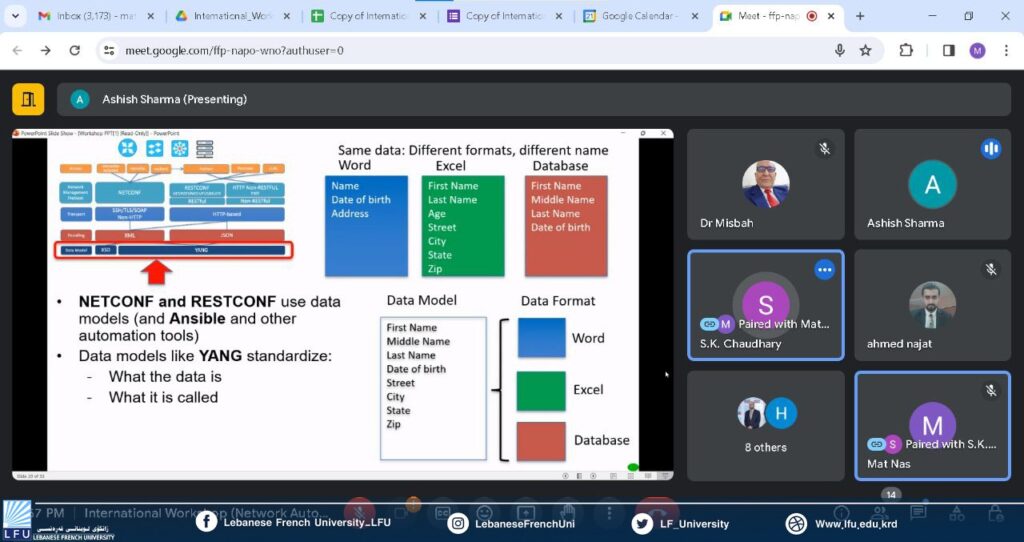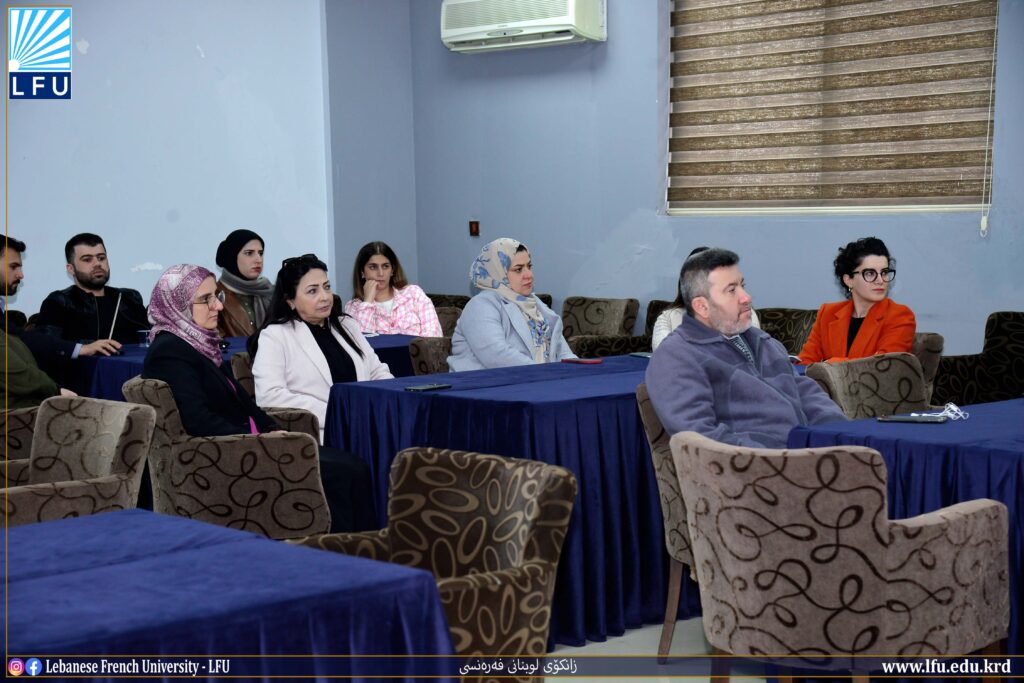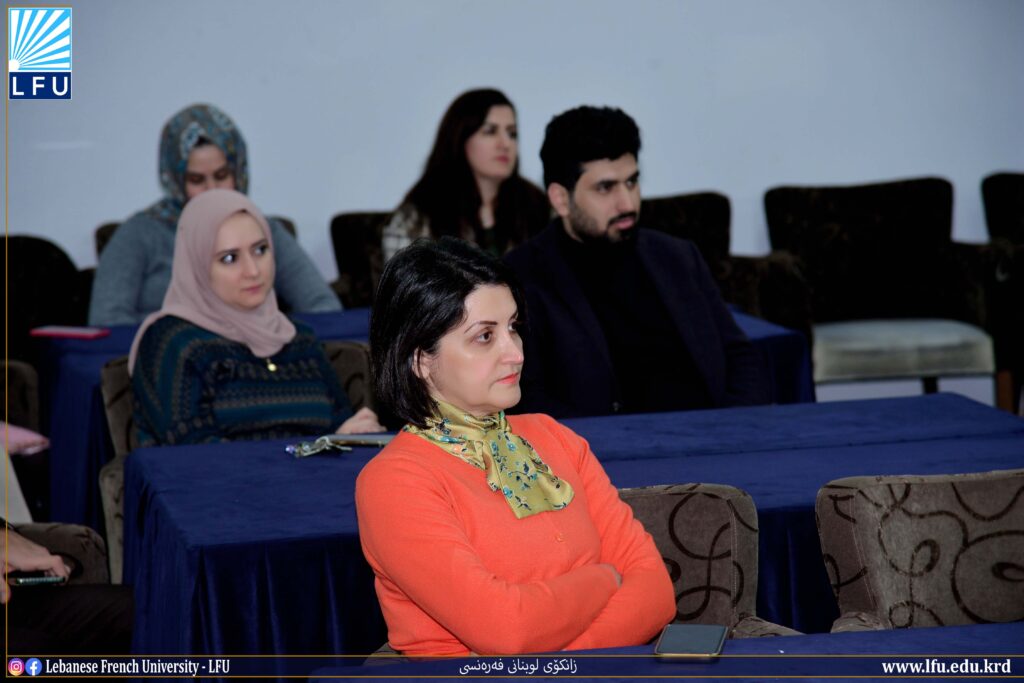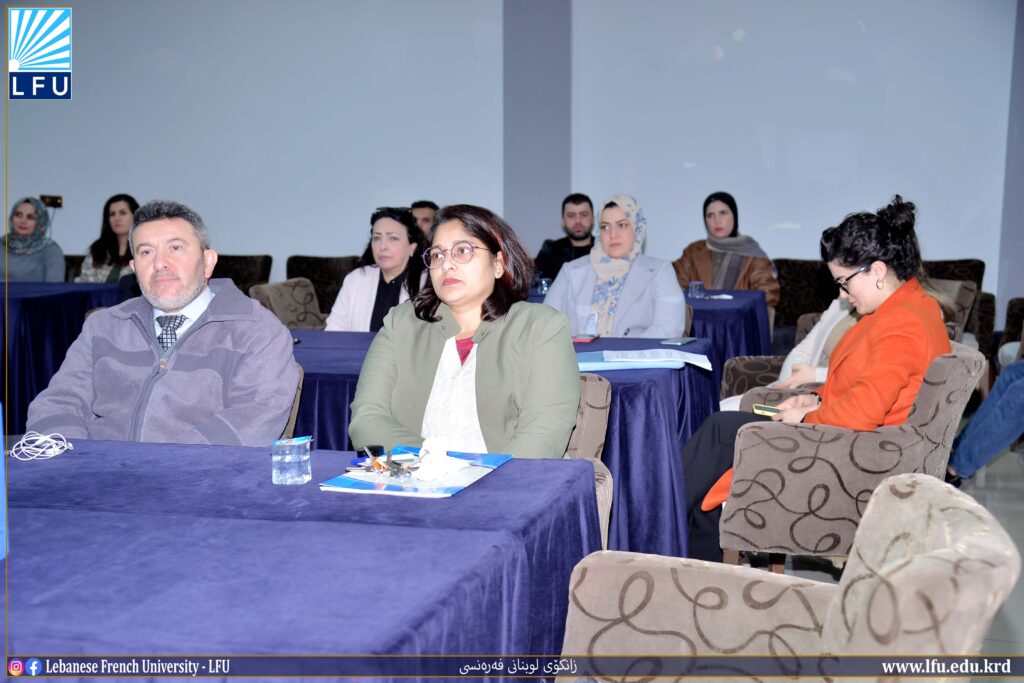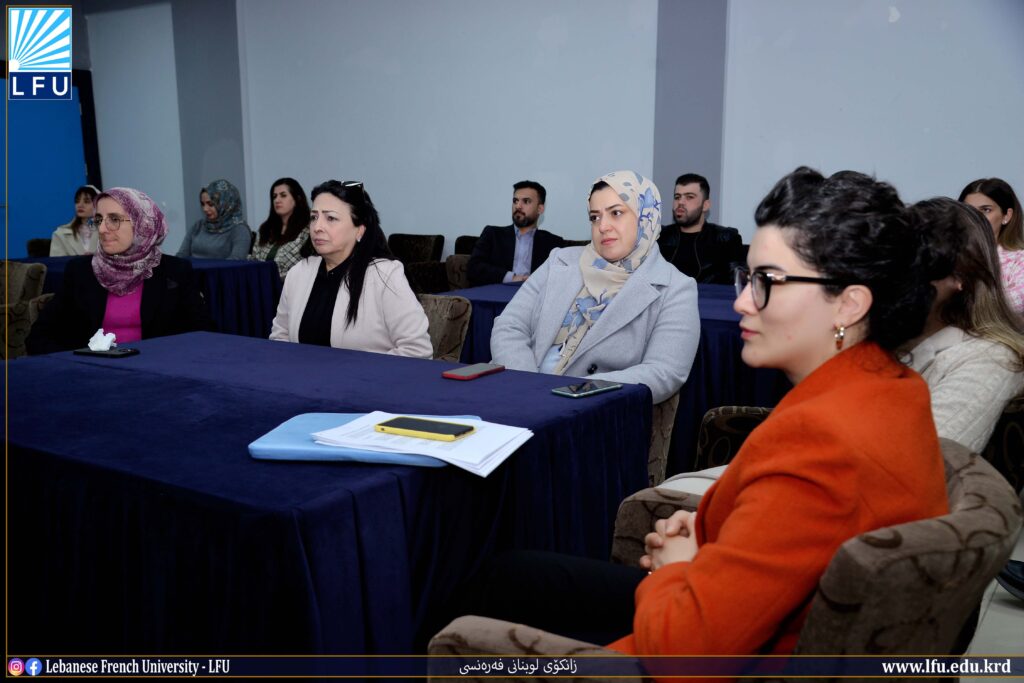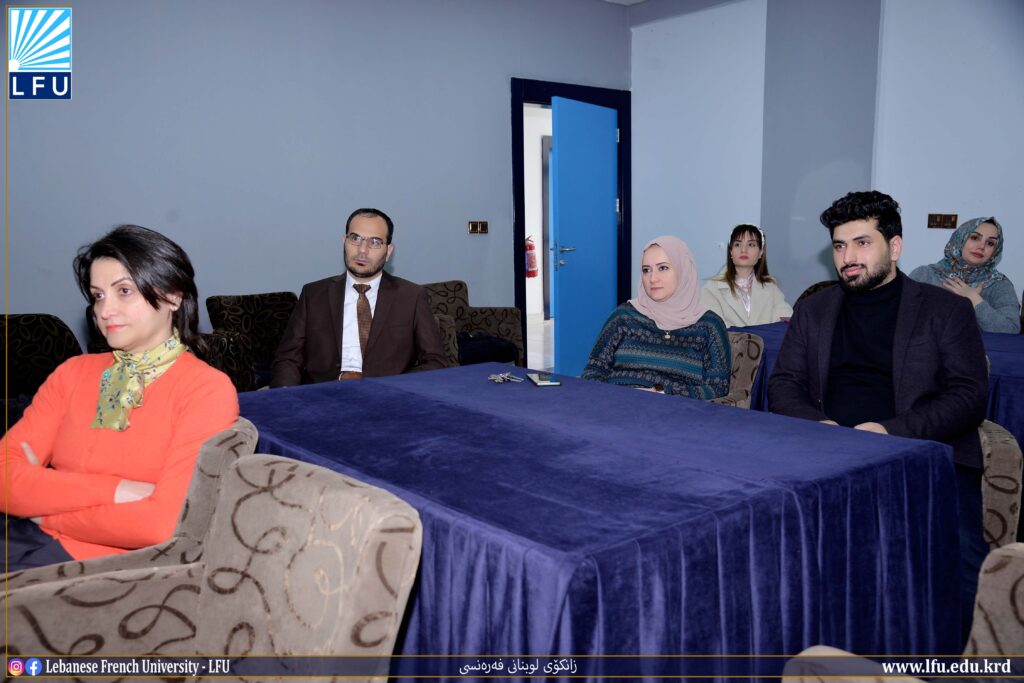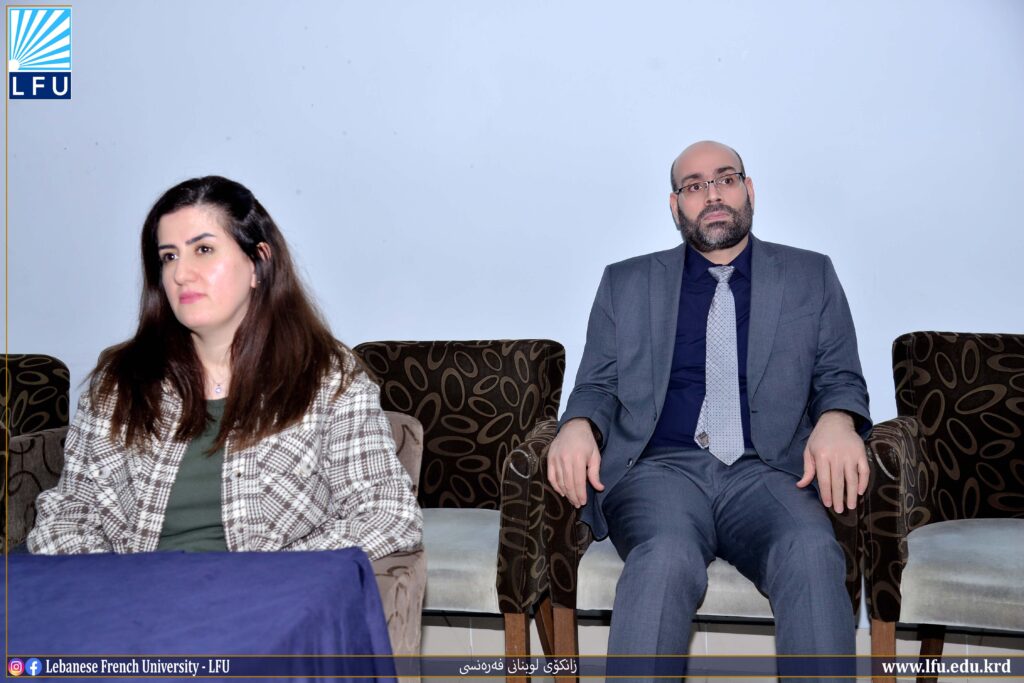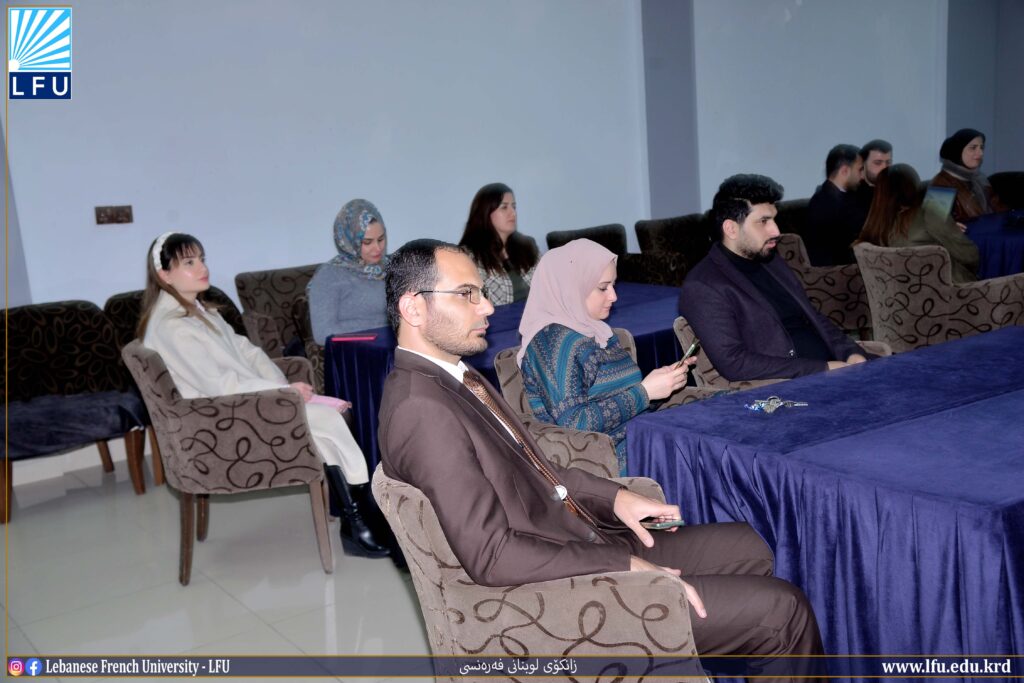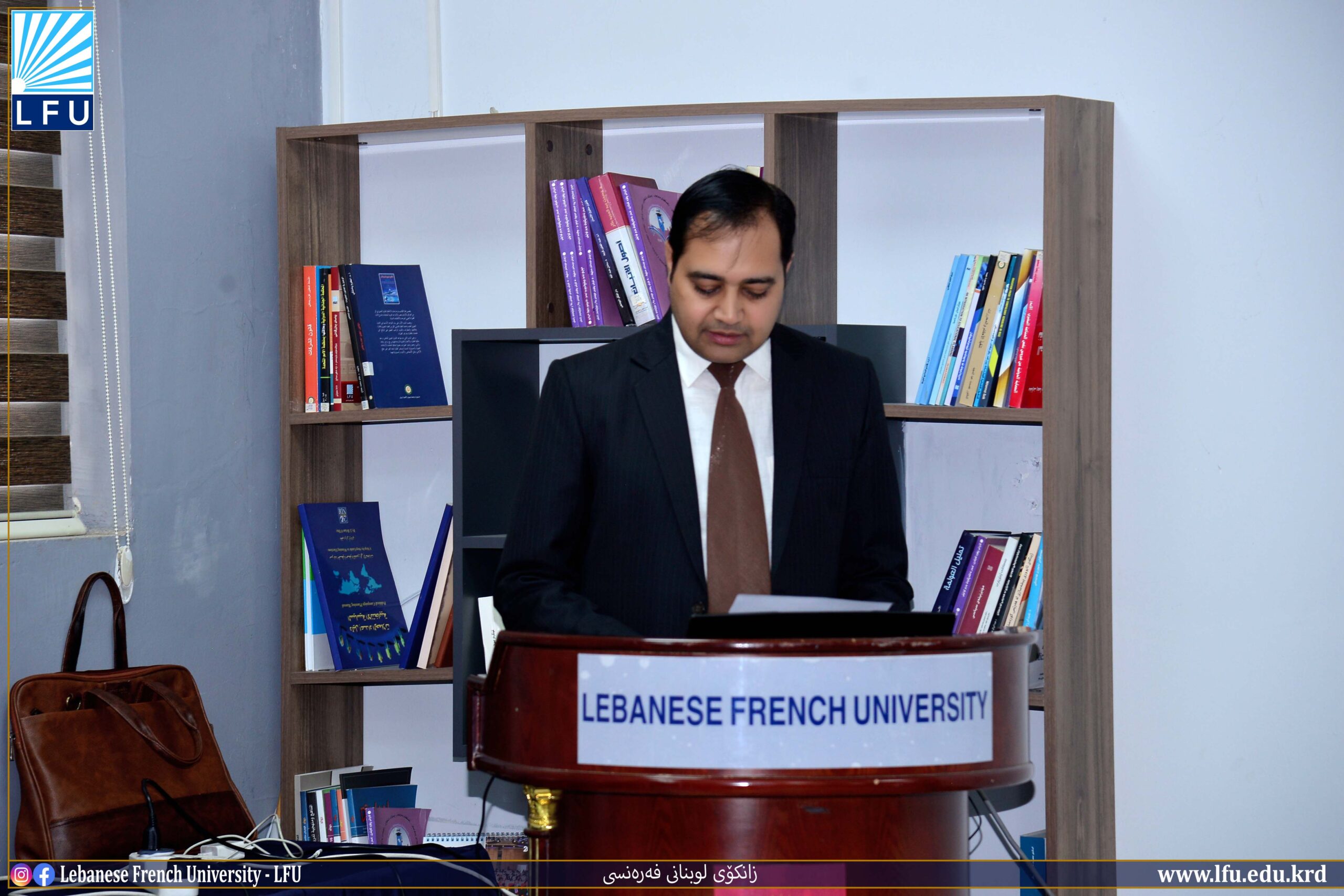On Sunday, January 21, 2024, College of Engineering and Computer Science, Department of Information Technology held an international workshop, titled “Network Automation Using AI/ML”, bringing together staff members from Lebanese French University and from local and overseas universities. The session was presented by Asst. Prof. Ashish Sharma from (Lebanese French University) and Asst. Prof. Dr. Sunil Kumar from (Institute for Communication Systems, University of Surrey, UK).
The workshop took place from 1:00 p.m. to 3:00 p.m. in the seminar room of the Lebanese-French University via the Google Meeting platform. The workshop demonstrated how IT can use AI/ML and analytics to gain insights that drive more trustworthy automation processes, reduce network operating costs, and provide users with an optimal connected experience.
Presenters’ Information
- Mr. Ashish Kumar Sharma currently, he is working with Lebanese French University, Erbil, Kurdistan, Iraq, as an Assistant Professor at the Department of Computer Network, College of Engineering & Computer Science. He completed a Master of Computer Applications (MCA) from UP Technical University, Lucknow, UP, India, and M. Tech. (CSE) from Jamia Hamdard University, New Delhi, Delhi, India. So far, He has published many Research Articles, a Book Chapter, and a Patent in various reputed International Journals. He is an editorial board member of different SCOPUS-indexed research journals and IEEE conferences.
- Dr Sunil Kumar is a seasoned professional contributing his expertise to the Institute for Communication Systems at the University of Surrey, UK. With a Postdoc Research Fellow position at the University, Dr. Kumar is at the forefront of designing and implementing intelligent network automation models. His current focus lies in a cutting-edge 6G project centered on Open RAN Intelligent Network Automation.
Workshop outcome:
These technologies help IT automate:
– the deployment and management of network policies.
– integrating zero trust security solutions to ensure network consistency.
– the identification and classification of devices in the network.
In summary, over time, it is expected that AI will increasingly enable networks to continuously learn, self-optimize, and even predict and resolve service degradations before they occur.
